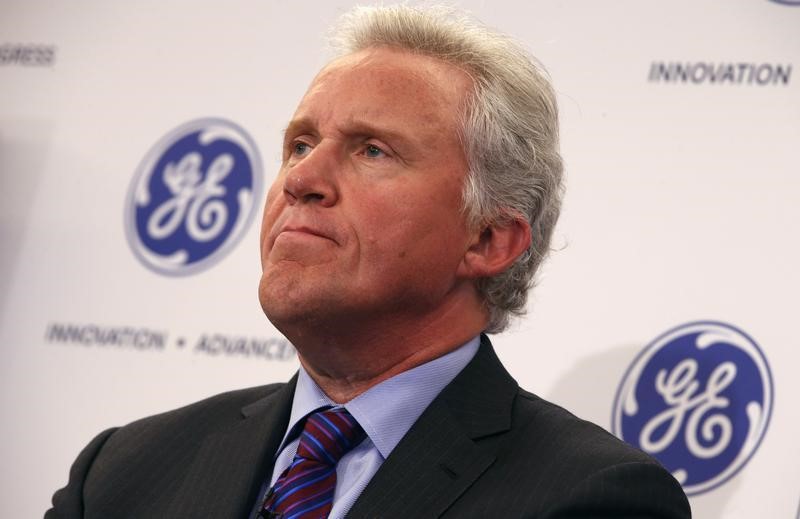NEW DELHI (Reuters) - General Electric (NYSE:GE) Co will not invest in atomic energy in India until accident liability laws are brought in line with global rules, Chairman Jeff Immelt said on Monday, in a setback for top-level efforts to get U.S. firms to build power stations.
Speaking shortly after a meeting with Indian Prime Minister Narendra Modi, Immelt said India needed to "homogenize" its liability law with the rest of the world.
With the 1984 Bhopal gas tragedy still fresh in India's mind, parliament five years ago passed a law that makes equipment suppliers responsible for an accident, a deviation from international norms that companies found hard to swallow.
In January, Modi and U.S. President Barack Obama unveiled a plan centered on insurance aimed at breaking the stalemate, but India stopped short of softening the liability law. At the time, GE-Hitachi Nuclear Energy said it would review the governmental agreement in due course.
It appears to have fallen short of the company's requirements.
"I am not going to put my company at risk for anything -- there is no project that is worth it. We have to get common language on this," Immelt told reporters.
"There is an extremely standard liability regime that the rest of the world has adopted and as we go forward and think about investing, whatever happens has to homogenized between India and the rest of the world," he said.
Modi is due to travel to the United States later this week for a trip that includes a summit with Obama and meetings with tech giants in Silicon Valley.
Immelt also said GE was likely to move more jobs overseas from the United States unless Congress changes the policy on its export credit agency, EXIM bank.
"We think about remaking the EXIM capability using other export credit agencies elsewhere in the world, there are 60 of them elsewhere in the world. So I think it's more likely that there will be more job moves unless this policy changes," he said.
Immelt has been campaigning to revive the agency after its authorization expired at the end of June, blocking the bank from writing new loans and trade guarantees.

On Tuesday GE revealed plans to shift up to 500 U.S. manufacturing jobs to Europe and China because it can no longer access EXIM financing.